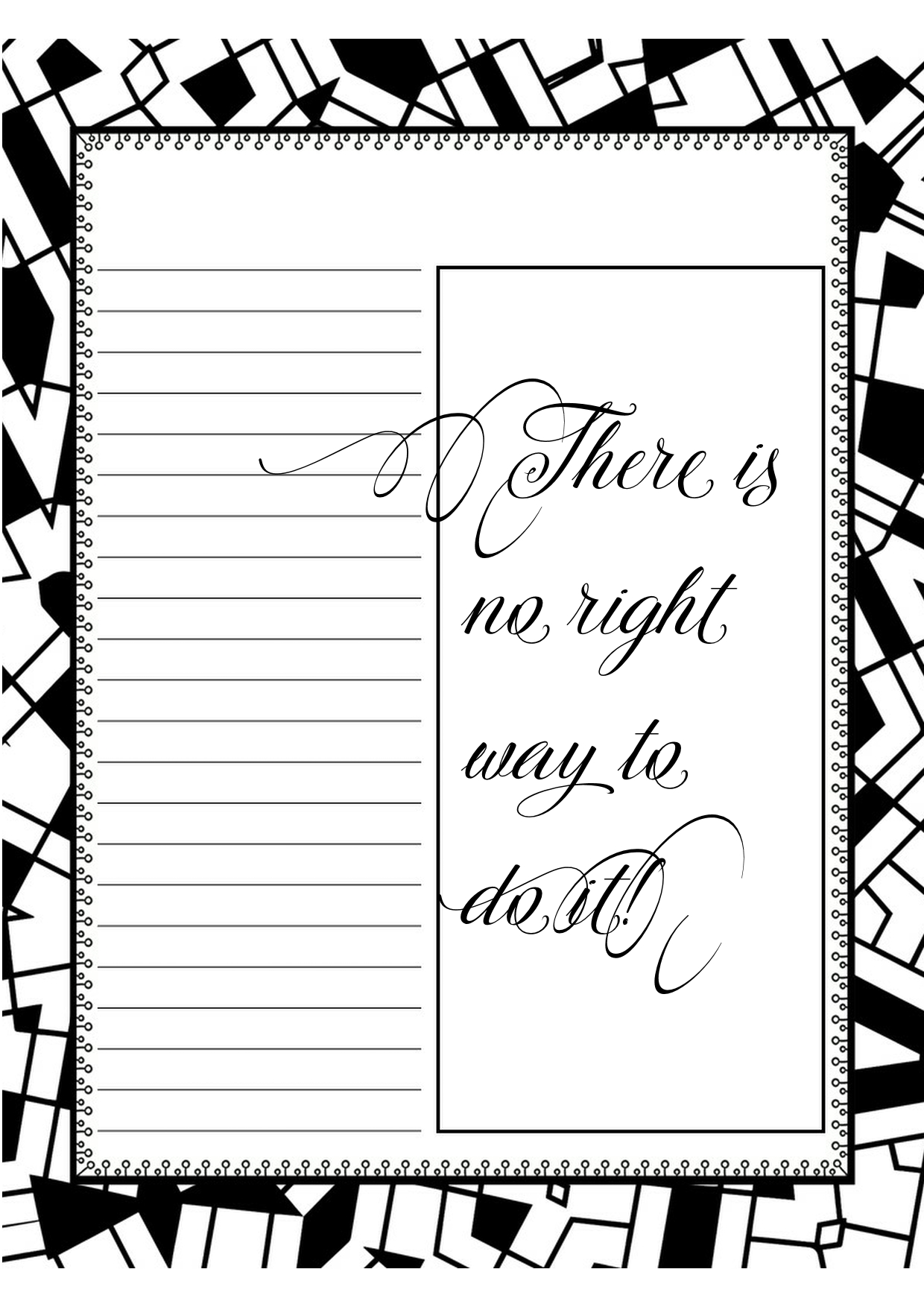Learning to Play Golf: Here’s Why It Can Help You In Your Self-Development
Looking for something to help you in your self-development? We recommend learning to play golf rather than reading self-help books. Self-development may sound like a yawn. If you subscribe to the old-school way of thinking, you might be thinking of therapy, hours of lying on a sofa talking about your insecurities. Or maybe a bookshelf […]
